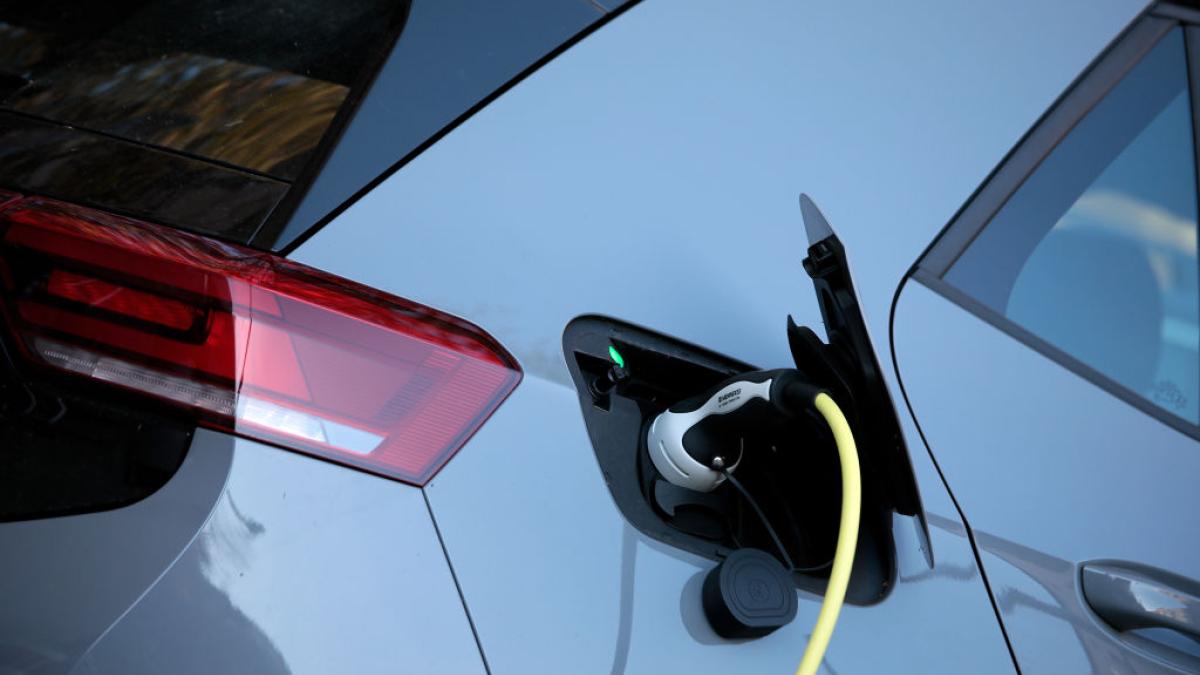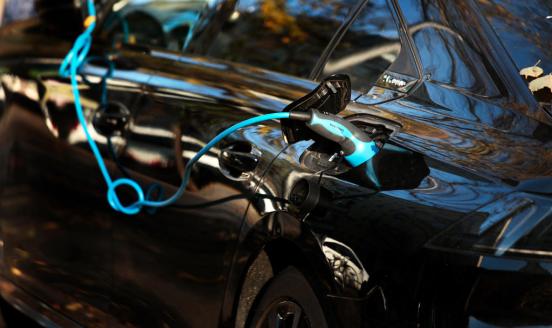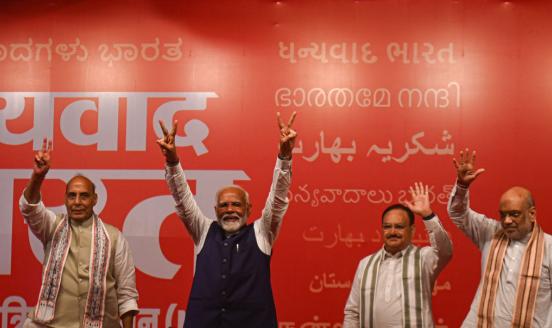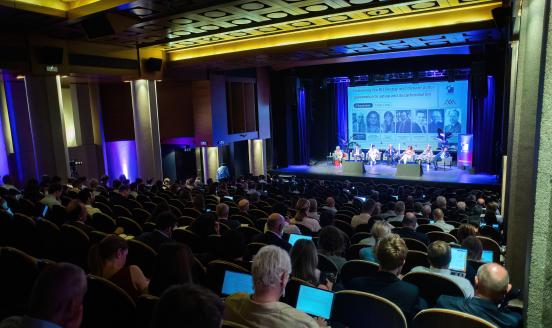Making the most of Europe’s anti-subsidy probe into Chinese electric vehicles
The EU anti-subsidy investigation into EVs from China is a reminder of the need for a new EU green industrial policy strategy.

European Commission president Ursula von der Leyen used her 13 September State of the Union speech to make an important announcement: the launch of an anti-subsidy investigation into electric vehicles coming from China.
The move will split opinions. Some will claim it is high time for the European Union to use its trade policy instruments more proactively to protect its industry against unfair Chinese competition. The EU does not want to repeat past failures, such as with the solar panels industry, the subject of a dispute about Chinese dumping.
But the new course will also attract condemnation and claims that the EU is entering a new, dangerous phase of protectionism. It will be argued that China has built a comparative advantage in electric vehicles and Europe should accept this reality, accept the benefits for its own consumers (cheap Chinese EVs for all!), accept the positive impacts on its own decarbonisation pathway, and redirect its own industry to areas where it has its own comparative advantages.
Both of these views have merits. On the one hand, anti-subsidy investigations are not uncommon in EU (or elsewhere) and fall within multilateral trade rules. On the other hand, this particular investigation is special for two reasons. First, it was not initiated by EU industry, but by the Commission, which is a rare situation. Second, it targets not a relatively small industry like optical fibre cables, but a multi-billion euro sector. These factors give this case far greater political profile than normal anti-subsidy investigations announced by the Commission.
Starting an anti-subsidy investigation does not automatically mean that the Commission will recommend the imposition of countervailing duties. In fact, since 2008, the Commission has launched 342 subsidy investigations against imports from China (out of a total of 431 investigations against imports from all third countries), of which 101 have resulted in no countervailing duties. The EV investigation will see the Commission start a process to understand whether China’s comparative advantage is genuine or artificially boosted by state subsidies. There are two possible outcomes.
If China’s comparative advantage is found to be genuine, then no EU countervailing duties will be due. Or if China’s comparative advantage is found to have been boosted artificially, EU countervailing duties may be imposed if two other conditions are met: the Commission must also find, first, that the Chinese subsidies have caused material injury to EU industry, and, second, that the impostition of duties is in the ‘EU interest’, which includes the interests of domestic industry, users and consumers.
Regardless of the outcome, the EU will need to further develop its own industrial policy to stimulate the development of a competitive EV industry and, more generally, a competitive clean tech ecosystem. This entails the development of a new EU green industrial policy strategy in the next institutional cycle.
This strategy should be able to leverage the single market in a credible manner, building a solid new governance framework and a new EU-level funding approach. The goals should be to preserve the power of the EU competition policy toolbox to avoid incumbency, protectionist and rent-seeking traps, and to ensure EU trade policy remains open. These horizontal framework conditions were essential for EU competitiveness in the past and are now more important than ever.
The Commission’s EV anti-subsidy investigation is not about moving away from Europe’s established model, which is based on economic efficiency and comparative advantage. It is really about assessing whether comparative advantage is real or not in the case of Chinese EVs. In the meantime, the EU, China and other big players including Brazil, India, Japan and the United States should sit around the table at the World Trade Organisation in Geneva and discuss how to deal with mounting subsidies for clean tech production.



